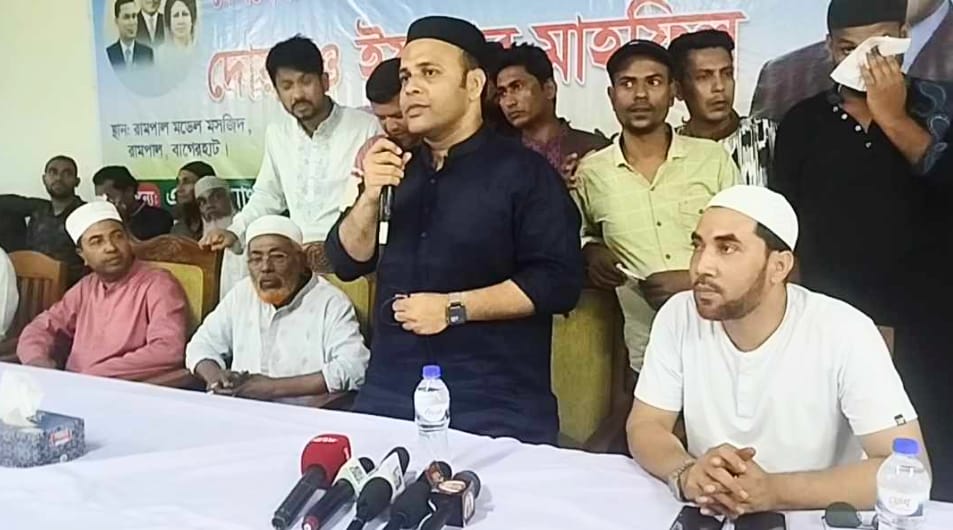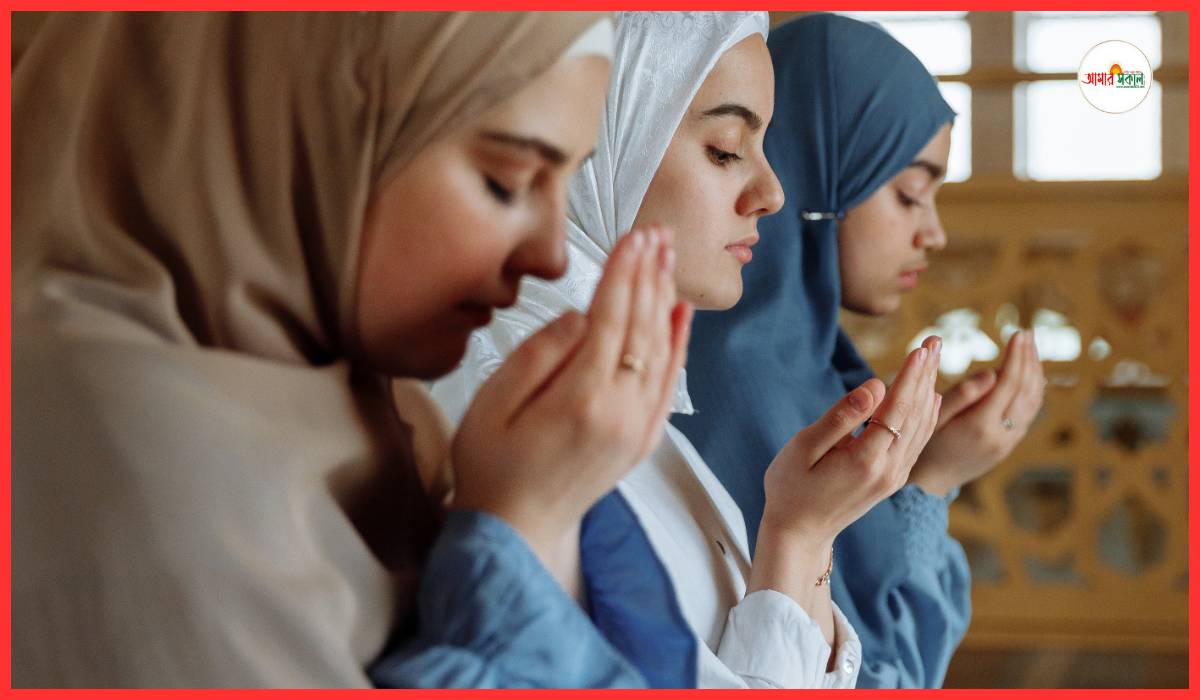How many and what are the foundations of Islam?
The five pillars of Islam:
First Pillar: Kalema (Testimony and Faith)
The second pillar: prayer
Third Pillar: Fasting
Fourth Pillar: Zakat
Fifth pillar: Hajj
1. **Faith (Iman)**:
Iman means “belief” or “acceptance”. In Islam, Iman refers to complete belief in Allah, His angels, His scriptures, His prophets, the Day of Judgment, and the divine decree.
The six articles of faith in Iman are:
– Faith in Allah: Belief in Allah as the one and only God, creator, sustainer, and Lord.
– Faith in the angels: Belief in the existence of angels and their role as messengers of Allah.
– Faith in the scriptures: Belief in the holy books revealed by Allah, including the Quran.
– Faith in the prophets: Belief in all the prophets sent by Allah to guide humanity, including Muhammad (peace be upon him).
– Faith in the Day of Judgment: Belief in the resurrection, judgment, and accountability after death.
– Faith in Divine Decree: Belief that everything, good or bad, happens according to the will of Allah.
Also Read, 017 which operator in bd?
Importance of Faith:
– Faith is the foundation of Islam; Islam is incomplete without faith.
– Faith helps individuals become righteous, just, and God-conscious.
– Faith keeps individuals away from sinful behavior.
– Faith prepares individuals for the Hereafter.
Ways to strengthen Faith:
– Remembering Allah through Dhikr.
– Reciting and understanding the Quran.
– Giving charity and alms.
– Performing good deeds.
– Striving in the way of Allah.
2. **Prayer (Salah)**:
Salah, or prayer, is the obligatory worship for Muslims. It is a way to express gratitude to Allah, to communicate with Him through supplication, and to seek forgiveness for sins. Muslims are required to perform five daily prayers.
The five daily prayers are:
– Fajr: Before sunrise until just before sunrise.
– Dhuhr: After the sun passes its zenith until just before the time for Asr.
– Asr: Afternoon, until just before sunset.
– Maghrib: Just after sunset until the red glow in the sky disappears.
– Isha: Nighttime, until the middle of the night.
Conditions for Salah:
– Purity: Perform ablution (wudu) before prayer.
– Modesty: Pray in a clean and appropriate place (masjid or at home).
– Qibla: Face the direction of the Kaaba in Mecca during prayer.
– Intention: Have the intention (niyyah) to pray before starting.
– Time: Pray within the designated times for each prayer.
– Proper bowing and prostration: Perform the movements correctly during prayer.
Virtues of Salah:
– Salah removes sins.
– Salah helps individuals become righteous, just, and God-conscious.
– Salah prepares individuals for the Hereafter.- Salah is a means of Allah’s mercy and forgiveness.
3. **Fasting (Sawm)**:

Fasting in Ramadan involves abstaining from food, drink, and marital relations from dawn until sunset. Fasting is one of the five pillars of Islam and holds significant importance in a Muslim’s life.
Virtues of Fasting:
– Fasting fosters gratitude towards Allah.
– Fasting teaches patience.
– Fasting encourages charity.
– Fasting cleanses individuals from sins.
Rules of Fasting:
– Fasting requires the intention (niyyah).
– Abstain from food, drink, and marital relations from dawn until sunset.
– Avoid actions that invalidate fasting (lying, backbiting, anger, etc.).
Also Read, Chittagong residential hotel raid, 11 arrested
4. **Zakat**
Zakat is the duty of wealthy Muslims to donate a certain portion of their wealth to the poor and needy. Zakat is one of the five pillars of Islam.
Distribution of Zakat:
– Poor: Those who cannot fulfill their basic needs.
– Needy: Those whose income is not sufficient to meet their basic needs.
– Debtors: Those who are in debt and unable to repay.
– Wayfarers: Travelers who lack sufficient funds for their journey.
– In the cause of Allah: Those who are working for the propagation of Islam.
Rules of Zakat:
– Zakat should be given with sincerity.
– Maintain confidentiality while giving Zakat.
– Distribute Zakat among eligible recipients.
5. **Pilgrimage (Hajj)**:

Hajj is the annual Islamic pilgrimage to the holy city of Mecca. It is one of the five pillars of Islam and holds immense spiritual significance for Muslims.
Virtues of Hajj:
– Hajj removes sins.
– Hajj gives the glad tidings of Paradise.
– Hajj strengthens a Muslim’s faith.
– Hajj fosters brotherhood and unity among Muslims.
Eligibility for Hajj:
– Being Muslim: Hajj is obligatory only for Muslims.
– Being an adult: One must reach the age of maturity to perform Hajj.
– Being healthy: One must be physically and mentally fit to perform Hajj.
– Being financially capable: One must have the financial means to afford the expenses of Hajj.
– Being free: Slaves are not obligated to perform Hajj.
Rules of Hajj:
– Hajj must be performed during the specified time.
– Pilgrims must adhere to the prescribed attire.
– Pilgrims must follow the rituals and regulations of Hajj.
– Certain activities are prohibited during Hajj.
Expenses of Hajj:
– The cost of Hajj varies each year.
– Expenses depend on the Hajj package, travel arrangements, accommodation, and other factors.
Preparation for Hajj:
– Start preparing for Hajj well in advance.
– Learn
about the rituals and regulations of Hajj.
– Make travel arrangements and obtain necessary documents.
– Seek guidance from experienced pilgrims or scholars.
Conclusion:
The five pillars of Islam are the foundation of a Muslim’s faith and practice. Each pillar holds significant spiritual and practical importance in a Muslim’s life. By adhering to the five pillars, Muslims strengthen their relationship with Allah, purify their souls, and fulfill their religious obligations.











